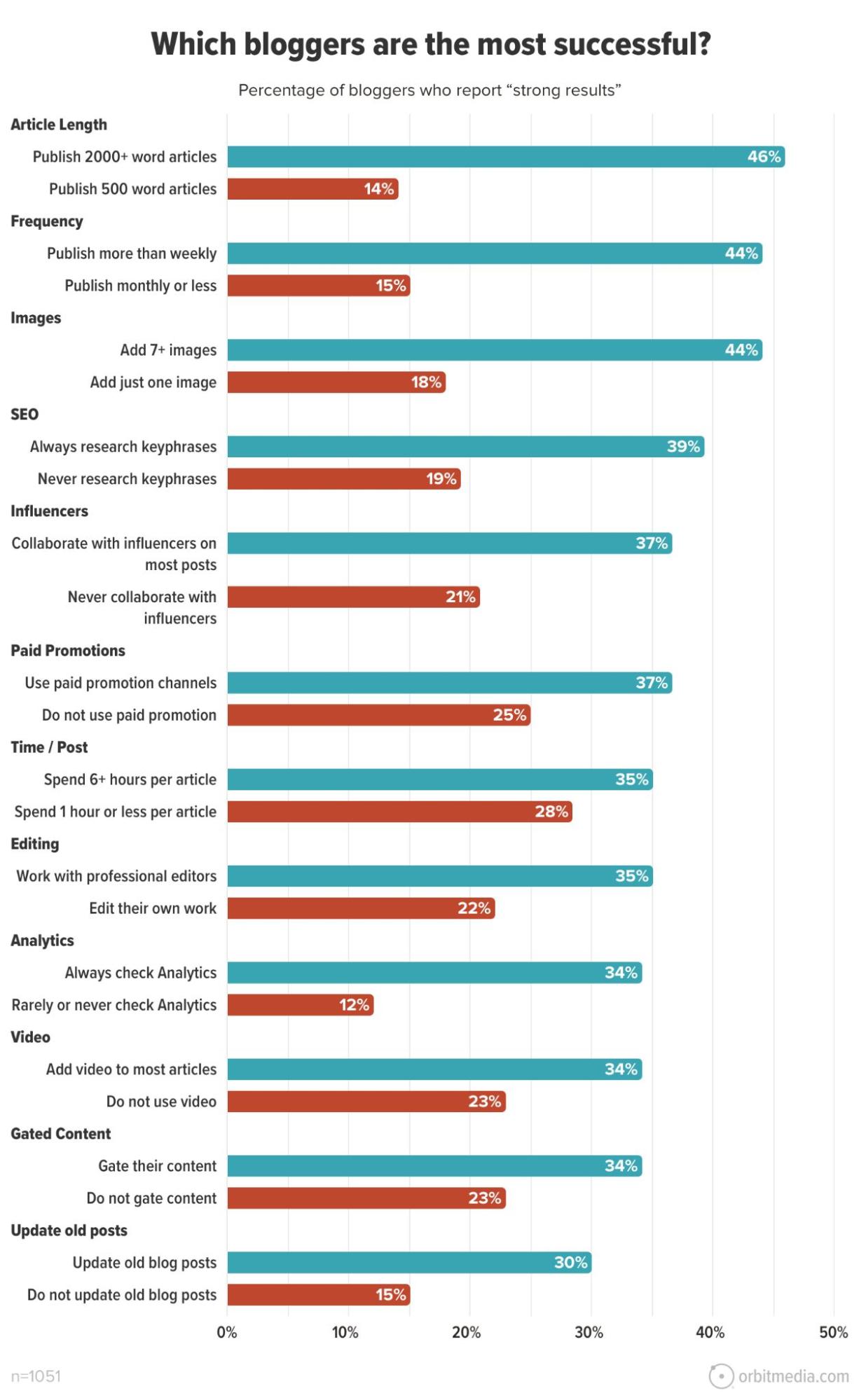What does a content manager cost?

If you've already read some articles on our website or attended one of our lunch and learns, you probably already know that we recommend hiring a full-time content manager for best results with They Ask, You Answer.
Maybe you're excited about They Ask, You Answer, but you're dreading hiring a new employee and all the hassle it entails: drafting a job description, job interviews, induction....
Can't you just hire a freelancer or a marketing agency? Or get your content written by AI?
At Buzzlytics, we help companies implement They Ask, You Answer, and we've seen what companies run into when they don't hire a full-time content manager.
Are you curious about exactly what an in-house content manager costs? What alternatives are out there? And why, in our experience, it is worth the investment to hire someone for this role? Then you've come to the right place.
Specifically, we answer the following questions in this article:
What is a content manager?
A content manager is the person within your company responsible for your content marketing efforts.
Here are some of the duties of a content manager:
Looking at this job description, you can probably imagine that this is a full-time job. That's right. For this reason, we recommend hiring a new content manager or assigning this role to someone already working in your company.
In doing so, it is important to realize that the role of content manager cannot be combined with other roles. Your content manager should only have to deal with your content marketing.
In the video below, They Ask, You Answer founder Marcus Sheridan demonstrates why:
Why do you need a content manager for They Ask, You Answer?
80% of the customer journey (whether b2c or b2b) today takes place online, even before a potential customer contacts your company. Your buyers expect to find the answers to their questions on your website and if they can't find them, they will go to the competitor's website. So it is important that you answer every question a customer asks on your website.
This content is then not only put on the website, but also used in the sales process.
As a result:
For that, it is essential that you employ someone to "own" your content marketing efforts and ensure that several new articles are published each week. That person is the content manager.
What does a content manager cost?
According to Werkzoeken.nl, which bases its data on over 10,000 job postings, the salary for a content manager starts at 2,920 euros to a maximum of 3,955 euros. The average salary is 3,435 euros. At Buzzlytics, we use a salary of 3,000 to 4,500 euros based on advice from secondment agencies.
Exactly what salary you end up at depends on several factors.
Experience plays an important role, of course. For a newly graduated journalist, who is perfect for the role of content manager, you will obviously pay less than for a senior content manager who has many years of writing experience.
Location also plays a role. In the Randstad, content manager salaries tend to be higher than in the province. Talented content managers living in the Randstad have more employers to choose from, so you need to offer a competitive salary.
Finally, knowledge of the industry can be a salary driver, depending on the industry you are in. Someone with knowledge of your industry needs to ask fewer questions in interviews, knows how to find the right sources for desk research and is "up and running" faster.
One disadvantage of having a content manager with industry knowledge is that his knowledge can get in the way of him asking "dumb" questions that your clients also ask.
Therefore, it is more important for him to have the right skills, such as interviewing, building relationships and writing informative content, than to have knowledge of the industry. So you need a content manager with the mindset of a journalist. That knowledge comes naturally.
As an absolute layman myself, I wrote about heat pumps and home batteries, and I remember well how much time the first articles took me and how many questions I had to ask the content experts within the company. But after only a few articles, things were much easier and soon I was able to write much of the content independently.
What alternatives are there to hiring a full-time content manager?
Part-timer
The best alternative to a full-time content manager is a part-timer. The limit here is 24 hours. This is because the content manager has to publish at least 3 blog posts per week, and he needs at least 3 days for that.
A part-timer is obviously cheaper than a full-timer, but there are also a few drawbacks:
A part-time content manager can be a (temporary) option for small companies with up to 10 FTE.
Freelancer
A freelancer can also be a good alternative to a full-time content manager. Especially if the freelancer is willing to come on-site for a few days to get a feel for your company and employees.
With a freelancer, you can enter into a long-term partnership, so it can feel like the freelancer is part of your company. I myself worked as a freelance content marketer for a company for a few years and was seen as a full-fledged colleague.
The biggest disadvantage of hiring a freelance writer is that a freelancer writing 3 blog posts a week can quickly become more expensive than hiring a full-time content manager.
We show it through a math example.
Calculation example: employing content manager vs. hiring freelancer
Cost of content manager
First, of course, you have to pay a content manager a salary every month. For that, we'll assume a salary of 3,500 based on 40 hours in this example.
But that's not all; you also have to deal with all kinds of mandatory premiums and contributions. So for the actual cost of a content manager, we assume 130 to 160% of the employee's salary.
So our content manager with a gross salary of 3,500 euros could in practice cost up to 5,600 euros (but probably less).
Costs freelancer
So the cost of a content manager is no cat's length. So is it cheaper to hire a freelancer?
That remains to be seen. I asked on LinkedIn what the freelance writers in my network would charge for 3 blogs of 1,000 to 2,500 words each per week.
More than 200 votes were cast and the responses show 3 things:
So you will soon have the same costs you would have with an in-house content manager.
And if you hire a writer on an hourly rate basis then, are you cheaper? Let's investigate.
According to research by Tekstnet, the average hourly rate of independent copywriters in 2023 was 85 euros, excluding VAT.
To know how much we then spend per blog post, we need to know how long, on average, a copywriter spends on a blog post.
According to Orbit Media's Annual Blogger Survey, bloggers in 2023 spent an average of just under 4 hours on a blog post averaging 1,427 words. But Orbit Media also reports that bloggers who invest more time (6+ hours) in their blogs, write longer blogs, and blog more frequently are said to see better results:
We go for nothing less than the best results, so we assume that a freelance copywriter spends at least 6 hours on average per blog post. If we add in Tekstnet's hourly rate, that brings you to 510 euros per article. At 12 articles per month, that's 6,120 euros, and if you were to get a 10% discount because of the long-term collaboration, you'd arrive at 5,508 euros per month.
But then, writing a blog post should never take more than 6 hours. Whether that can be accomplished depends greatly on the amount of research required and how familiar the writer is with the topic.
Writers with years of experience and specific knowledge of your industry work faster, but again can charge a higher hourly rate. Hourly rates of 100 euros or more, for example, are no exception for experienced freelance writers in the IT world.
So from a purely cost perspective, you are better off having your own content manager than a freelance copywriter. Especially since a full-time salaried content manager does much more than write 3 blog posts a week.
To be successful with They Ask, You Answer, a freelancer should take on the same duties as a salaried content manager, and be available for your business at least 24 hours a week.
Marketing agency
Then a marketing agency, another option many companies choose.
Of course, the advantage of a marketing agency is that you can purchase a set number of articles for a fixed amount per month. You do not have to negotiate with freelancers, but know in advance where you stand. The agency makes sure your articles are written and you have nothing else to worry about.
But therein also lies the biggest disadvantage: with an agency, you have to deal with several writers who not only write for you but must constantly switch between different clients. So they build up very little knowledge of your products and services. Moreover, agency turnover is high and departing writers take the knowledge they have built up about your company with them.
On top of that, They Ask, You Answer requires a very different way of working than writers at marketing agencies (and writers in general) are used to.
Our They Ask, You Answer coach Lucas says the following about this:
"Within They Ask, You Answer, content is the substitute for a substantive conversation. A person, after reading an article, should no longer say, "Good article, but I still have some questions." No, the article must be a complete answer to the question. To reach that level, you need certain skills in terms of content."
It is Lucas' experience that external writers find it much more difficult to master the quality standards that come with They Ask, You Answer. Even senior salaried content managers often struggle to flip the switch in their heads.
Many of our clients have worked with a marketing agency before and have become frustrated with the lack of control over execution and results. This is often a major motivation for wanting to bring their marketing in-house with the They Ask, You Answer method.
AI
Finally, AI. Why hire a content manager when you can also subscribe to ChatGPT Plus for $20 a month?
Up front: at Buzzlytics, we are not anti-AI. In fact, we make full use of AI in our coaching and teach our clients how to take full advantage of it.
We see that AI can help a content manager do her job faster and better, but AI cannot replace her.
Again, this has to do with the level of quality that They Ask, You Answer requires. For in-depth articles that really answer your customers' questions and build trust with your customers, you need the expertise of content experts.
AI relies on content that already exists and thus can never come up with new insights. You can never become the trusted advisor, authority and thought leader in your industry if you simply regurgitate what others have already written. Moreover, even AI articles don't write themselves. And AI cannot lead content brainstorms, maintain content schedules, update content and all the other tasks that a content manager also has on her plate.
What are the reasons to invest in an in-house content manager?
If, for whatever reason, hiring a full-time content manager is really not an option, there are really only two alternatives worth considering but both also have their limitations: a part-time content manager and a freelancer.
According to Lucas, aside from cost, there are three reasons why you should want to invest in an in-house content manager.
First of all, you need someone who is going to speak the language of your business. The content you're going to publish has a lot of impact on the trust your potential customers build in your business, so you want to get that right. After all, you don't want an outsider just making your sales calls either.
Furthermore, according to Lucas, it is important that the content manager writes only for your company:
"A content manager who writes only for you gets deeper and deeper into the subject matter and quickly gets to know your products and services well, allowing him to work more and more independently. With a freelancer who also writes for other clients, that doesn't happen as quickly."
The third point Lucas mentions is about the previously mentioned quality standard associated with They Ask, You Answer: an article should replace a conversation with a salesperson and thus answer all the questions someone has about a specific topic. This requires a certain level of depth that many writers are not used to and that externs in particular have trouble with. Constantly having to switch between 'TAYA content' and 'regular' SEO proof blog posts doesn't help then.
So in our experience, companies that hire a full-time content manager get the best results from They Ask, You Answer. It's an investment for a while, but one of the best you can make in your business.
Your content manager
After reading this article, are you seriously interested in hiring a content manager? Then schedule a free consultation with one of our They Ask, You Answer advisors. We help companies hire and onboard great content managers - and we can help you, too.
Related articles
June 25, 2024
-
Reading time: +/- 12 min
Aug. 20, 2024
-
Reading time: +/- 7 min
June 18, 2024
-
Reading time: +/- 9 min









